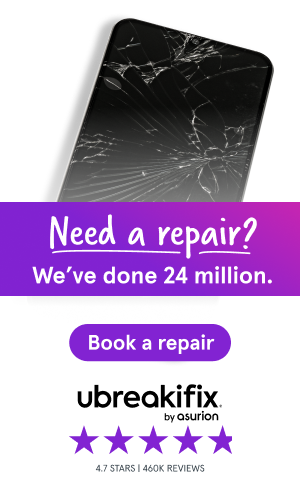Yan Gilbert
Moderator
- Joined
- Oct 15, 2016
- Messages
- 507
- Solutions
- 3
- Reaction score
- 589
Saw this on Twitter... not sure if it was even said and if so, if it is accurate.
Garry Illyes: "ordering of content on mobile may impact how you rank", "when you move something up higher on the page, it would be better for that page appearing in search results"
John Mueller: "useful content, we'll treat it as such regardless where on a page it is"
Garry Illyes: "ordering of content on mobile may impact how you rank", "when you move something up higher on the page, it would be better for that page appearing in search results"
John Mueller: "useful content, we'll treat it as such regardless where on a page it is"




